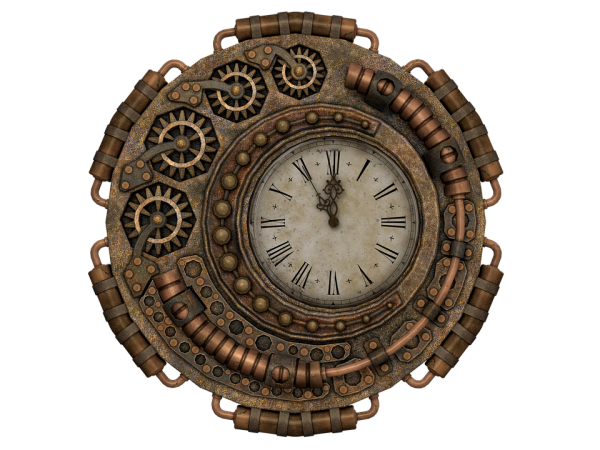The concept of time travel has always captured the imagination of physicists and laypersons alike. But is it really possible? Of course it is. We’re doing it right now, aren’t we? We are all traveling into the future one second at a time.
But that was not what you were thinking. Can we travel much further into the future? Absolutely. If we could travel close to the speed of light, or in the proximity of a black hole, time would slow down enabling us to travel arbitrarily far into the future. The really interesting question is whether we can travel back into the past.
I am a physics professor at the University of Massachusetts, Dartmouth, and first heard about the notion of time travel when I was 7, from a 1980 episode of Carl Sagan’s classic TV series, “Cosmos.” I decided right then that someday, I was going to pursue a deep study of the theory that underlies such creative and remarkable ideas: Einstein’s relativity. Twenty years later, I emerged with a Ph.D. in the field and have been an active researcher in the theory ever since.
Now, one of my doctoral students has just published a paper in the journal Classical and Quantum Gravity that describes how to build a time machine using a very simple construction.
Closed time-like curves
Einstein’s general theory of relativity allows for the possibility of warping time to such a high degree that it actually folds upon itself, resulting in a time loop. Imagine you’re traveling along this loop; that means that at some point, you’d end up at a moment in the past and begin experiencing the same moments since, all over again – a bit like deja vu, except you wouldn’t realize it. Such constructs are often referred to as “closed time-like curves” or CTCs in the research literature, and popularly referred to as “time machines.” Time machines are a byproduct of effective faster-than-light travel schemes and understanding them can improve our understanding of how the universe works.
By Gaurav Khanna – Full Story at Live Science



